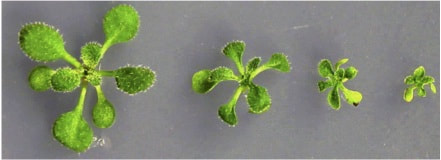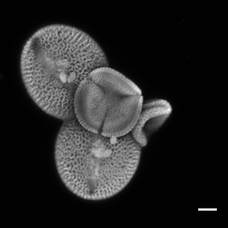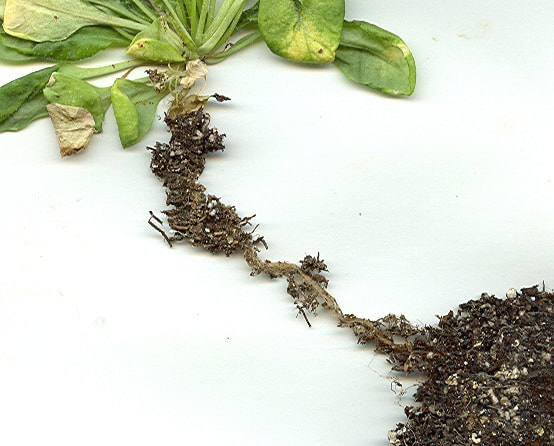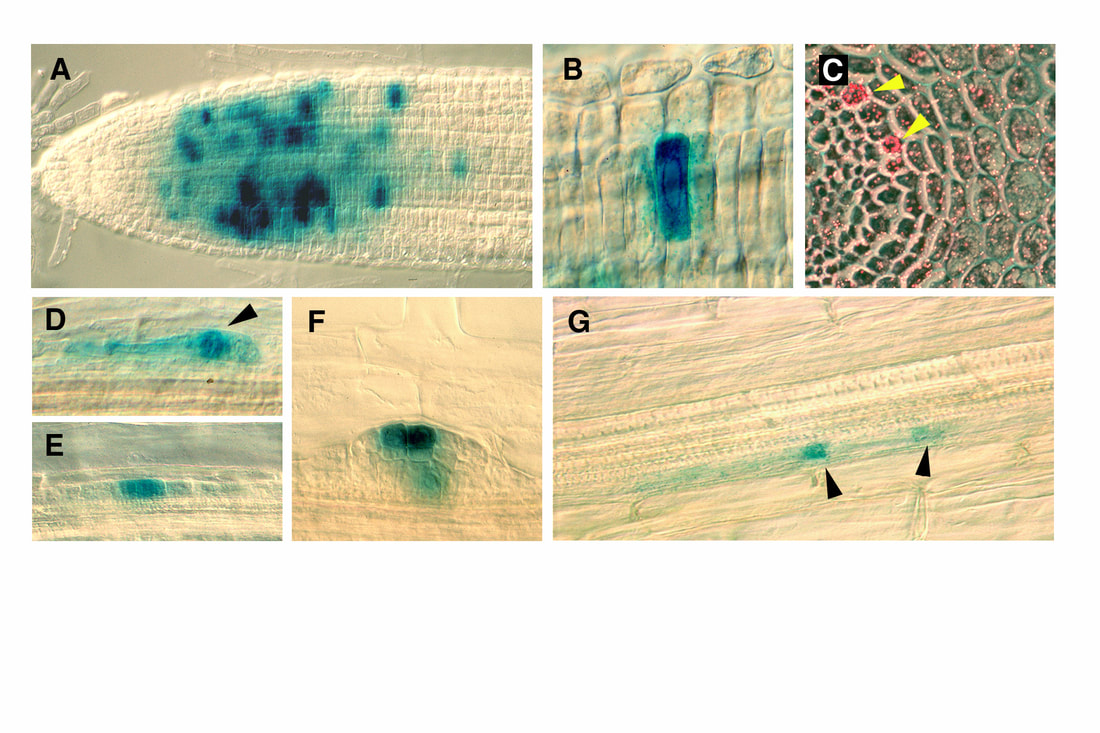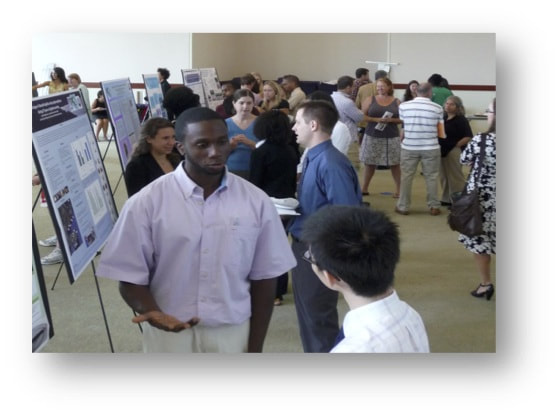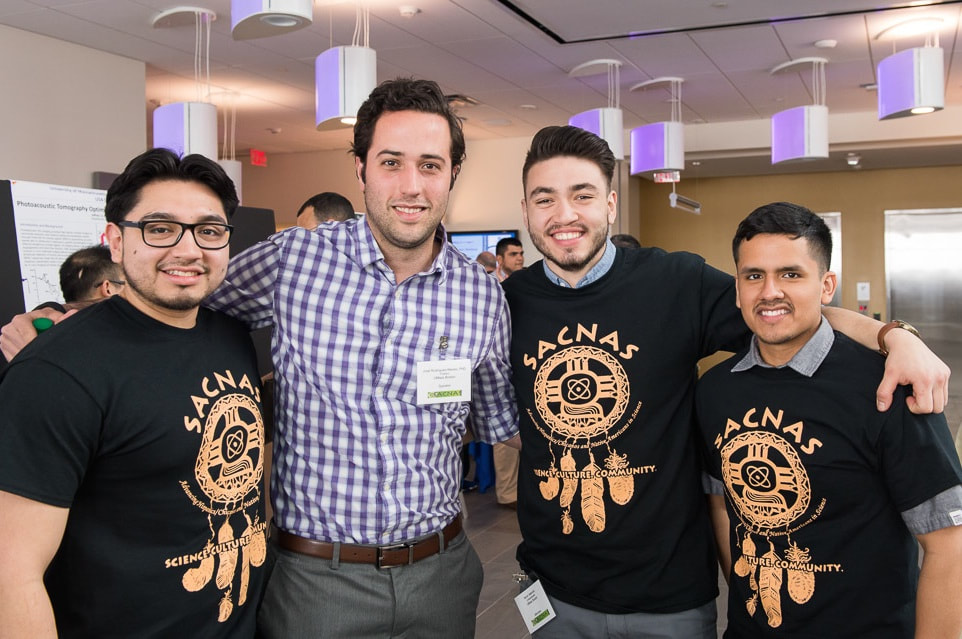ADAN COLON-CARMONAOur research examines the contribution of cell division to the regulation of organ growth during plant development. Specifically, my lab studies how cell cycle checkpoints are influenced by both internal and external cues, including hormones and stress signals. The role of the motor proteins kinesins in regulating mitotic checkpoint is of specific interest. The lab also studies how development in plants is altered in response to exposure to environmental pollutants such as the petroleum-based polycyclic aromatic hydrocarbons (PAHs). Using molecular genetic approaches, including bioinformatics and systems biology, we hopes to identify genes that could potentially be used to bioengineer plants to biodegrade and biodetect PAHs. This technology will be used in collaboration with a third project on root development and how the root microbiome is established both in normal and stressful growth conditions. Finally, we investigate how students learn and succeed in STEM fields, particularly those traditionally underrepresented in the sciences.
|
PAH Stress signalingPolycyclic aromatic hydrocarbons (PAHs) are pollutants prominent in our environment. Arabidopsis thaliana 14 d old plants were grown on 0, 0.05, 0.1 or 0.25 mM phenanthrene, a 3-ring PAH.
|
Cell cycle controlControlling when and how cells divide are critical to their survival. Regulating specific transition points, checkpoints, within the cell cycle allow for the integration of both internal and external signals. We are interested in studying cell cycle progression during mitosis and meiosis.
|
Rhizosphere microbiomeHow does a plant control the bacterial populations that live on its root system? That is one of the main questions we are trying to answer in studying the genes that control the microbiome of the root rhizosphere, the environment just outside the roots of plants.
|
Organ growthHormones, specifically auxin, stimulates and inhibits organ growth, depending on the concentration and tissue. We are studying how auxin stimulates lateral root formation in Arabidopsis thaliana.
|
UMass Boston-Dana Farber/Harvard Cancer center U54 partnershiphttps://www.umb.edu/u54
|
Broadening participation in scienceWhat are the factors that contribute to diversifying the scientific workforce? Specifically, we are studying how a multicultural individual succeeds in science, technology, engineering and math (STEM) fields.
|

